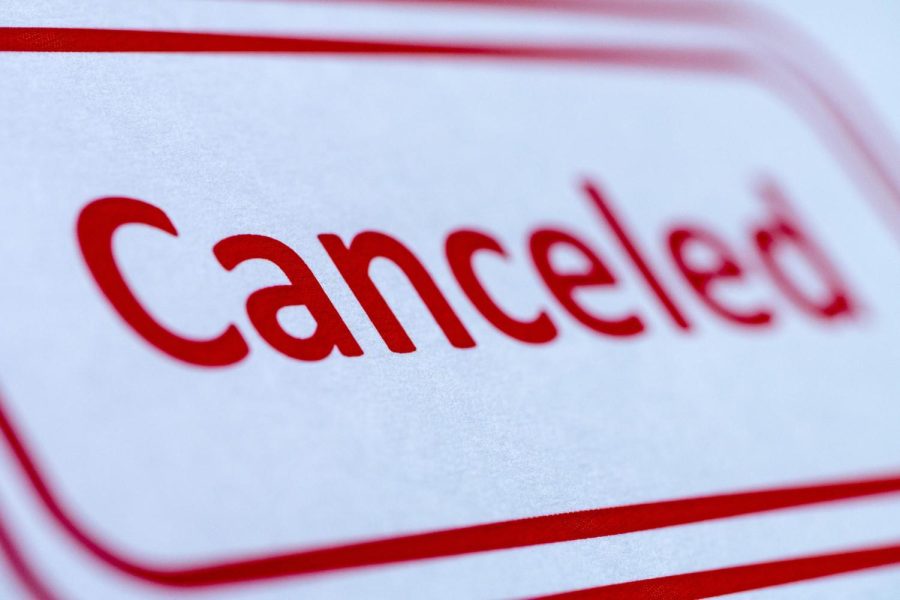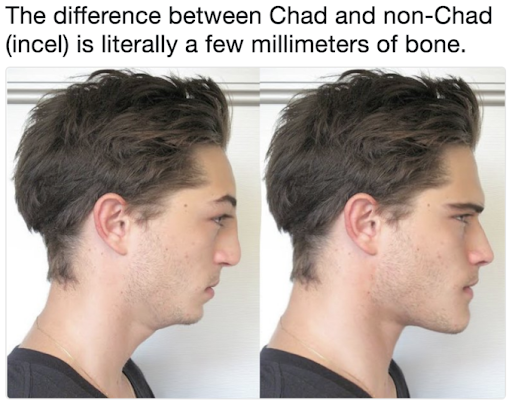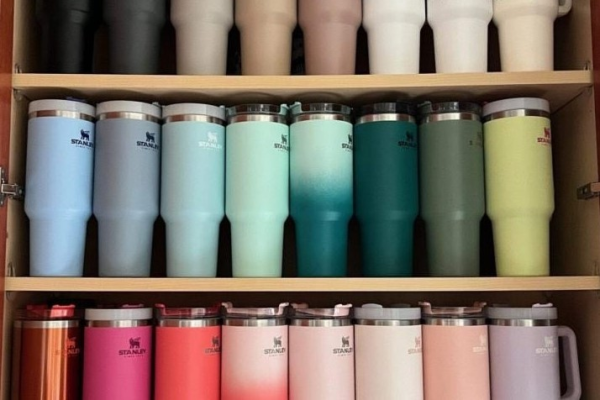CANCELED
Photo courtesy of Arcdigital.media
*Notification*
*Name 1 canceled*
*Notification*
*Name 2 canceled*
*Notification*
*Name 3 canceled*
Cancel-culture, a somewhat recent term that has swept social media by storm. Hidden images coming to light; in order to be criticized by random people on the internet. Although the term has been around for decades, it mainly rose to fame in 2019 with the James Charles and Tati Westbrook drama. Of course because of the drama, the term no longer carries its original meaning.
“I think I started taking notice of cancel-culture back in 2017,” reflected Beatriz Saenz-Bermudez, 12. “For me, it started when these makeup gurus, who were fighting, got canceled.”
The concept of cancel-culture comes from the numerous boycotts during the Civil Rights movement. It was used by the Black community to boycott people, usually politicians, rather than businesses. It even rose to modern fame through Black twitter. People outside of the black community have coined the term as a way to call-out celebrities on their wrongdoings. Although call-out culture is completely different, the two terms are now synonymous.
The change in the term has taken away from the actual impact it was created to make. The term wasn’t made to call out celebrities, and then forget about them three minutes later. It was created as a way of banding together for a common cause; now, it’s used to tear apart communities.
A prime example would be the thousands of cancellations of Shane Dawson. Shane Dawson has been canceled for saying racial slurs, commiting blackface, being attracted to minors, and beastility. Dawson should totally be canceled because he’s disgusting, but why was he able to continue to commit atrocious acts?
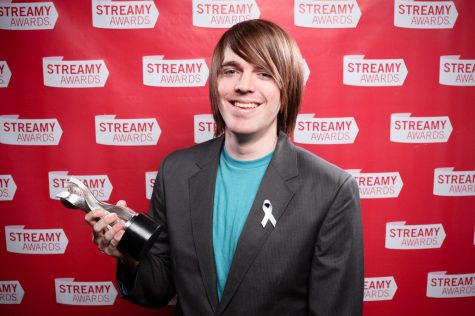
“Well, he posted apology videos,” says every Shane Dawson fan ever. Unfortunately, due to his ‘apology videos,’ which don’t actually hold apologies, he was able to continue gaining popularity although he committed actual crimes.
Many other celebrities, YouTubers, and TikTokers have followed the teary eyed apology trend: Tana Mongeau, Logan Paul, 90% of the hype house, and more. Most of them were easily forgiven by their followers, but continued making the same actions.
Along with the extremely ‘thoughtful’ apologies, you have the obviously ignored cancellations. The obviously ignored cancellations belong to people who have just continuously done horrible things. The Kardashians are a perfect example. The Kardashains have made most of their money off of their famous husbands, and their appropriation of Black culture. Most of the Kardashian and Jenner children have gotten some type of plastic surgery in order to make their bodies resemble Black bodies; both in shape and color. It got to the point where Kylie Jenner captioned one of her Instagram posts with the lyric ‘brown-skin girl,’ from a song by Beyonce. After all the criticism, she quickly changed the caption to ‘brown eyed girl’ and she was never officially canceled.
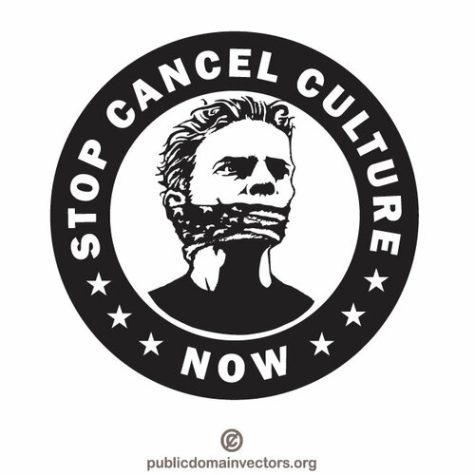
I haven’t been the only one to see the cracks in the foundation of cancel-culture. The cancel-cancel culture movement quickly came to light after the cancellation of YouTuber Jenna Marbles. The movement is based on the belief that celebrities have the ability to change, and that there is no benefit from calling out their wrong-doings. The movement still exists but has been filtered out of most immediate media outlets.
Cancel-cancel culture should make sense to me, but it doesn’t. The movement as a whole just doesn’t make sense. The movement claims that people can change, which cancel-culture ‘technically’ supports. If those in support of cancel-culture quickly accept apologies, then why is that the main argument of cancel-cancel culture? This should act as a common ground between the two movements.
Another important part about the movement is that it is mostly led by conservatives. According to a study conducted by Pewresearch.org, 59% of conservatives were against cancel-culture. This accounts for the movement’s belief that cancel-culture prohibits free speech. I wouldn’t consider bashing people for using racial slurs as prohibiting free speech, but who knows?
Cancel-culture needs a major makeover. What we are witnessing throughout social media is call-out culture, and not cancel-culture. Everyone would have to work together in order to figure out what they want from ‘cancel-culture.’ Do we want to completely stop supporting a celebrity, or do we just want to bring light to their wrongdoings? Regardless of what we choose, it has to be fair, efficient, and understandable.
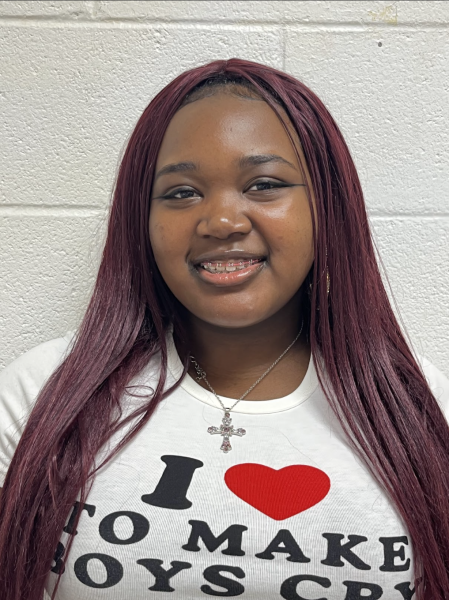
Hello, I'm Naysa the Senior-Editor In Chief of the paper! I love all forms of art and self expression <3

